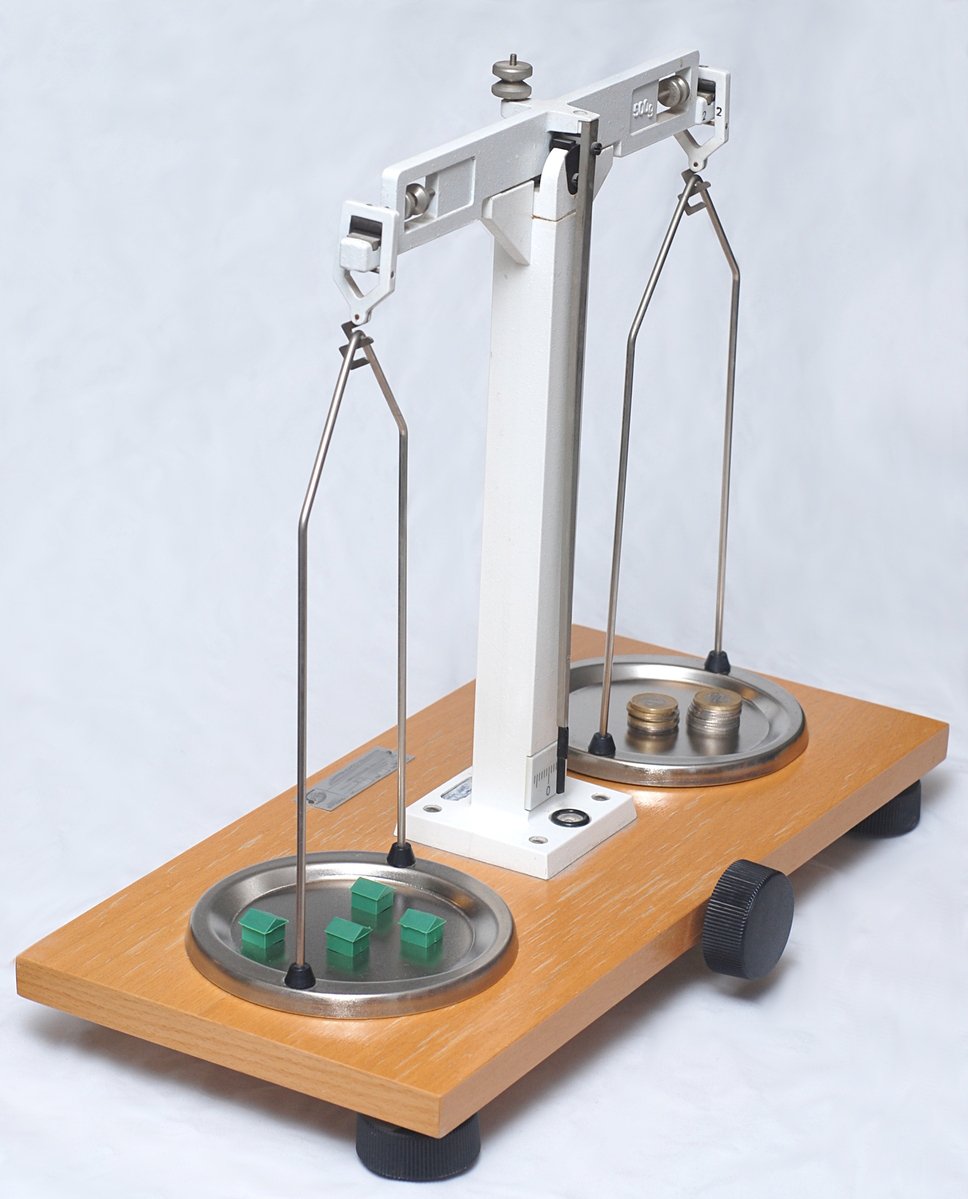

THE QUALITY of patents at the USPTO (existing and newly-awarded ones) isn't great, but at least it seems like it's improving and the number of patent grants is declining (at long last).
"Sadly, some people who write on patent matters are willfully clueless..."The psyche or mentality surrounding patents ought to change. Not all patents represent innovation and some kinds of patents actively suppress innovation. It's not even a controversial premise as many scholars have shown just that, even empirically.
"Microsoft’s New Patent Will Let You Communicate With Others In 3D," said a headline from yesterday, but patents don't "let" anything. They restrict. Sadly, some people who write on patent matters are willfully clueless (this site is generally awful in its coverage on most topics because the writers don't specialise in the areas they cover; they do Microsoft 'ads' a lot of the time, under the banner of "FOSS")
"Apple Could Let You Store Your Passport on an iPhone," said another new headline, misusing that word "let" again. Patents are not about "letting" but about monopolising. Another new article about Apple patents talks about so-called 'Augmented Reality' (buzzword); it's a patent or at least an application that we wrote about over a weekend. It's abstract, sure, but with trendy terms like 'Augmented Reality' (or AR for short) will examiners see that? Andrew Rossow, in the meantime, found the "blockchain" hype; he uses it to advance his professional agenda, which he calls "Intellectual [sic] Property [sic] Rights [sic]" right there in the headline. It's outright ridiculous, but this is the kind of press coverage we find about patents. Some of it is composed by lawyers and the rest just repeats claims made by companies (without applying some critical thinking). A lot of it is just "buzzwords salad" -- a subject we tackled on Sunday and Monday in relation to software patents.
"For all we can tell, irrespective of the misguided Iancu, judges continue to reject software patents."What we really care about isn't what patent examiners say but what patent judges say; it's them (the latter) who have the final word, provided the accused can afford legal defense and a day (sometimes a year or more) in court.
For all we can tell, irrespective of the misguided Iancu, judges continue to reject software patents. They do so after Iancu's appointment as much as (or almost as much as) they did a year ago, i.e. before his name was even brought up. Christopher King (writing in Fenwick & West Blogs) has just published another one of these dishonest #ALICESTORM posts. Those are not objective at all. Do they even try to hide their bias?
Here's the key figure (among more):
The overall percentage of decisions invalidating patents under €§ 101 since we started tracking statistics in July 2014 has fallen slightly—from 67.5% to 66.0%—year over year.
"Iancu seems to be just another David Kappos and if he continues to defy courts/caselaw (or selectively applies law), US patents will simply lose their value, i.e. legal certainty associated with them will continue to decline."So bringing up Berkheimer -- one might semi-joke -- actually reduces the chance of a favourable (to the plaintiff) judgment. Isn't that hilarious? The numbers don't support the assertions made by lawyers over the past 6 months. The numbers themselves suggest so. And so they spin facts. Next time someone like Iancu brings up his Berkheimer 'memo' we'll surely point out that underlying facts aren't on his side (pun intended, given the nature of the Berkheimer decision). Iancu seems to be just another David Kappos and if he continues to defy courts/caselaw (or selectively applies law), US patents will simply lose their value, i.e. legal certainty associated with them will continue to decline. He cannot just abolish Patent Trial and Appeal Board (PTAB) inter partes reviews (IPRs) either, not after SCOTUS defended IPRs in Oil States. ⬆